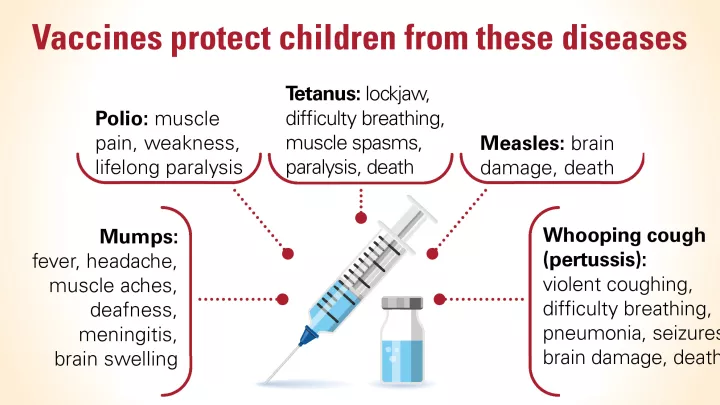What to know about Singulair® and its effects on mental health

Singulair® is a once-daily oral medication that helps millions of people manage asthma and allergy symptoms. But what are some of the more severe side effects and risks of taking Singulair®?
Over 27 million people in the United States have asthma – about 1 in 12 people. Anyone who suffers from asthma knows how serious and scary it can be. The symptoms can be debilitating, from shortness of breath to rapid breathing and fatigue.
In 1998, a prescription medication called Singulair® (montelukast) became FDA-approved to prevent asthma attacks and for long-term treatment of asthma in adults and children 1 year and older. The once-daily pill also helps with nasal symptoms, hay fever and seasonal allergies and doesn’t require an inhaler.
But for some, the risks of taking Singulair® can outweigh the benefits. Some taking Singulair® have reported new or worsening symptoms of depression, anxiety, agitation and thoughts of suicide.
“The newest FDA warnings about serious mood and behavior changes were added in 2020,” explains Nebraska Medicine pharmacist Nathan Sutera, PharmD. “We don’t have any clear ideas specifically on what causes these mental health side effects.”
Despite the recent warnings, Singulair® is still prescribed to millions of people in the United States.
What are some side effects of Singulair®?
Singulair® works by blocking chemicals in the body called leukotrienes that promote inflammation and cause airways to tighten. Most side effects are mild and include sore throat, headache, cough and runny nose.
“Overall, Singulair® is pretty well-tolerated,” said Dr. Sutera. “We counsel patients on FDA warnings that include neuropsychiatric effects or anything affecting mood, sleep, dreams, or brain chemistry.”
Some of the serious behavior changes linked to Singulair® include:
- Agitation and irritability
- Restlessness
- Nightmares
- Depression
- Memory problems
- Hallucinations
- Sleepwalking
- Suicidal thoughts
- Anxiousness
While anyone can experience side effects, children are most at risk.
“These side effects are seen in kids and adults but are more common in kids between 2 and 18 years old,” said Dr. Sutera. “Children can experience enhanced emotions. If they’re feeling sad or upset, Singulair® can amplify that. It takes existing emotions and feelings and can make them more intense. With adults, we mostly see sleep disruptions or very vivid nightmares.”
How to manage and prevent Singulair® side effects
Not everyone will experience side effects, but taking any medication as directed is important. With Singulair®, it’s important to take it at the same time every day, often at night, when asthma symptoms can worsen. Always let your prescribers and pharmacist know about all medications or supplements you take in case of drug interactions.
“Before starting a medication, talk to your prescriber about your mental health history to make them aware,” said Dr. Sutera. “Be on the lookout for severe side effects and reach out as soon as possible. Patients should stop the medication immediately if they experience thoughts of suicide or self-harm.”
Depending on what Singulair® is taken for, there can be alternatives such as Allegra®, Zyflo® and Accolate® if patients stop taking Singulair®.







